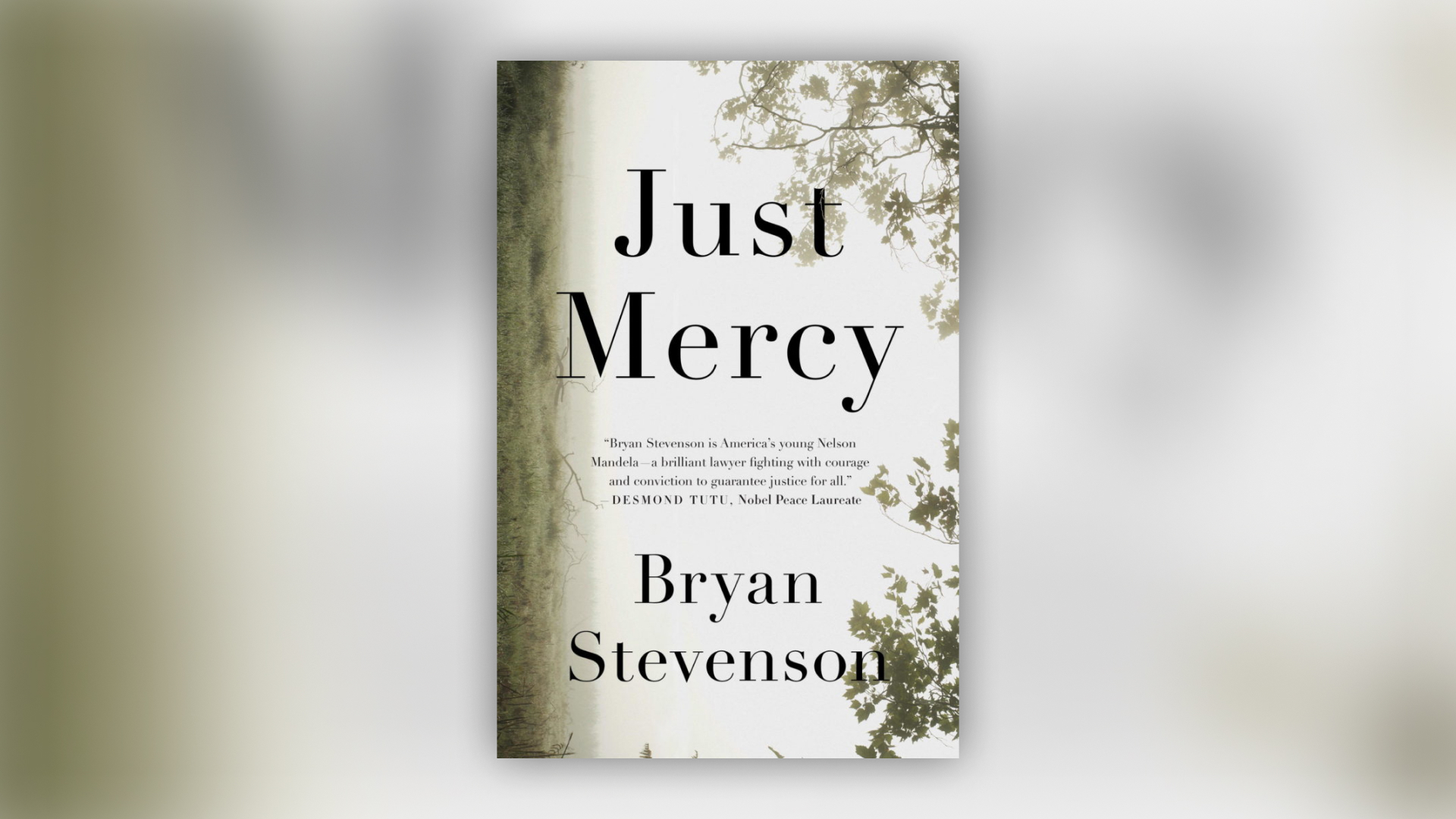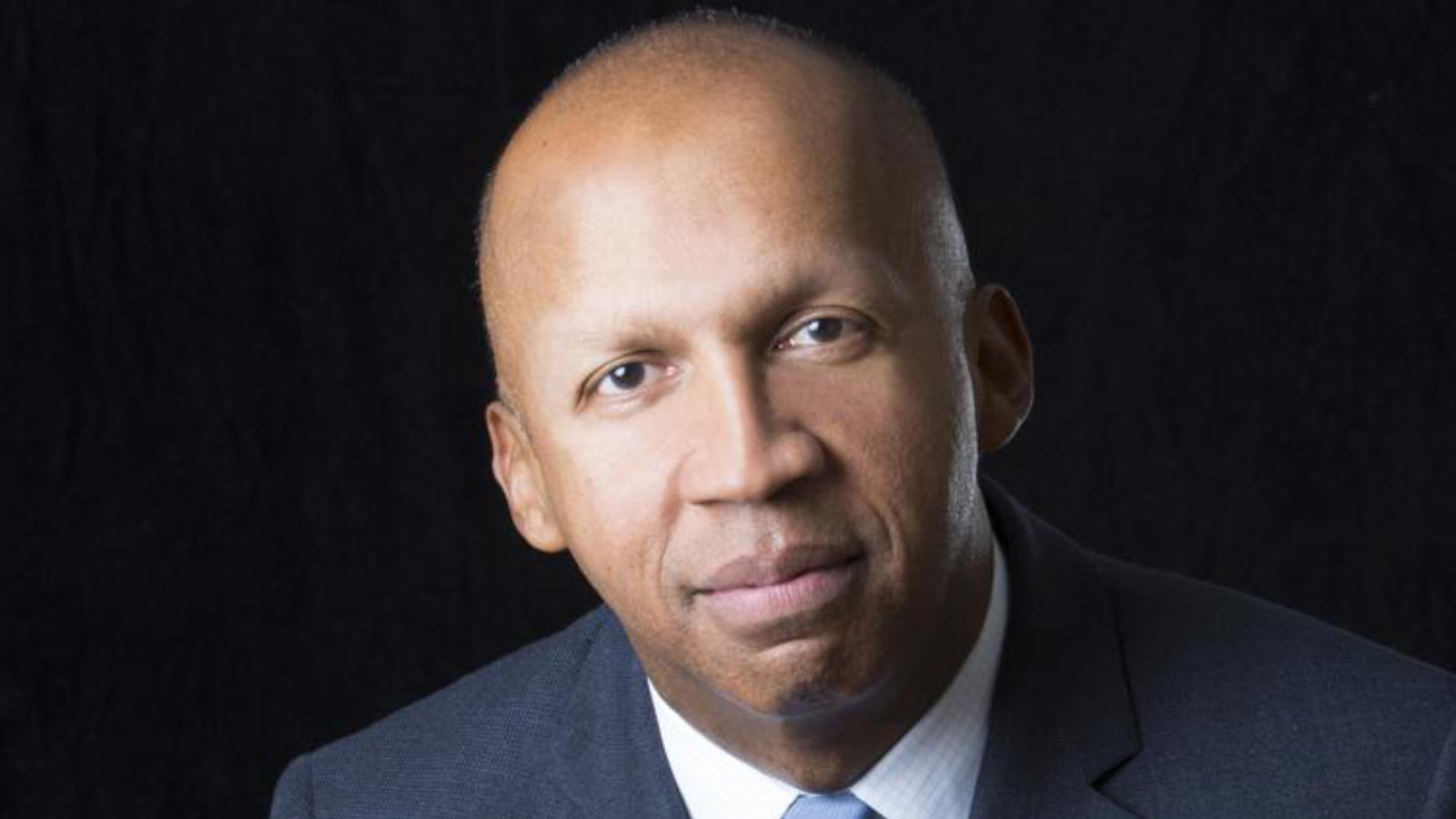Resources
Just Mercy by Bryan Stevenson
His clients face death row: a book about America's broken justice system.
Stephanie Wong | 14 Feb 2018

We have a criminal justice system that treats you better if youre rich and guilty than if youre poor and innocent.
Three takeaways
- The US Justice Department reports 1 in 3 black male babies born in the 21st century will go to jail or prison.
- The justice system does not work for the innocent poor
- Mercy is a radical kindness: a conscious choice to be kind when you can be cruel.
The author

Bryan Stevenson grew up in a working-class family in Delaware. The great-grandson of slaves from Virginia, Stevensons grandfather was murdered for his black-and-white TV when he was a teenager.
Stevenson graduated from Harvard Law School and is the co-founder of the Equal Justice Initiative: a legal practice dedicated to defending those most in need.
Today, he has won relief for condemned prisoners; secured the release of many innocent survivors; fought to end the death penalty; fought to end life sentences without parole for children (and won) and is fighting for those incarcerated with mental illness who are continuously failed by the justice system.
The McMillian Case
McMillian is in some ways a microcosm of that reality. Hes representative of what weve done to thousands of people.
Most of the book is about Stevensons most famous case representing Walter McMillian. McMillian was a young man on death row for killing 18 years old, Ronda Morrison, a white woman from Monroeville, Alabama, the home of Harper Lee, the author of To Kill a Mocking Bird.
McMillian had little dealings with the law but had been having an affair with a white woman. This made McMillian vulnerable to prosecution. Three witnesses testified against McMillian, while six black witnesses, including a police officer, testified he was at a church fish fry 11 miles away from the scene of the crime when it occurred. McMillian was found guilty and held on death row for six years.
This is one of the few cases Ive worked on where I got death threats because we were fighting to free this man who was so clearly innocent. It reveals this disconnect that Im so concerned about when I think about our criminal justice system.
Despite winning McMillans freedom, Stevenson reminds us of the trauma that the justice system brings to those condemned.
You cant threaten to kill someone every day year after year and not harm thembreak them in ways that are really profound. When innocent people are released, we just act like they should be grateful.
Children in the justice system
The incongruity of not allowing children to smoke, drink, vote because of their well-recognised lack of maturing while simultaneously treating some of the most at-risk, neglected, and impaired children exactly the same as full-grown adults in the criminal justice system.
Stevenson took on the representation of several clients sentenced to life in prison without parole for crimes committed as children. Stevenson exposes the injustice of children being prosecuted as adults and placed in adult prisons, often beaten and sexually abused.
Mercy: a radical kindness
Mercy is a radical kindness. It is not deserved or guaranteed. It often means forgiving unforgivable mistakes. It is the sister of cruelty. In a world aching in its cruelty we need mercy now more than ever.